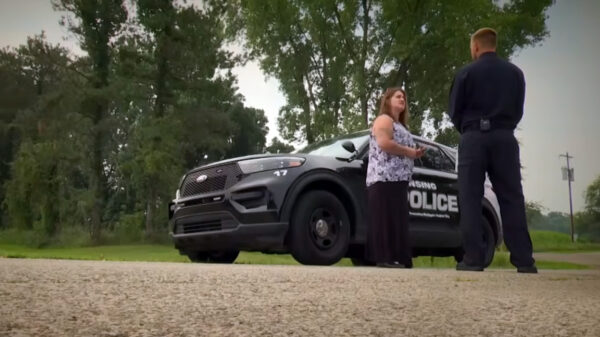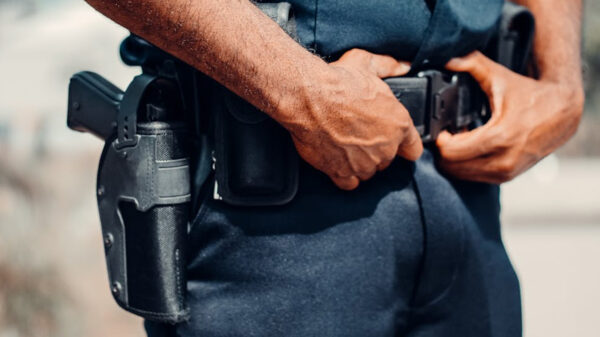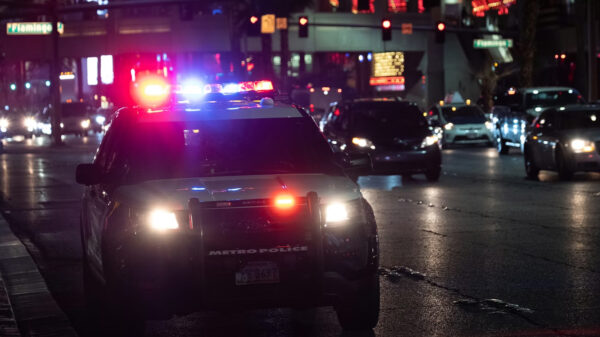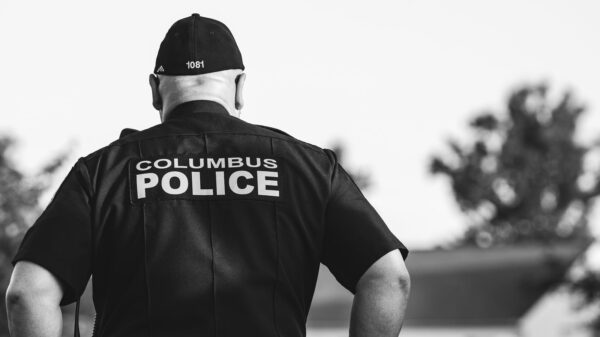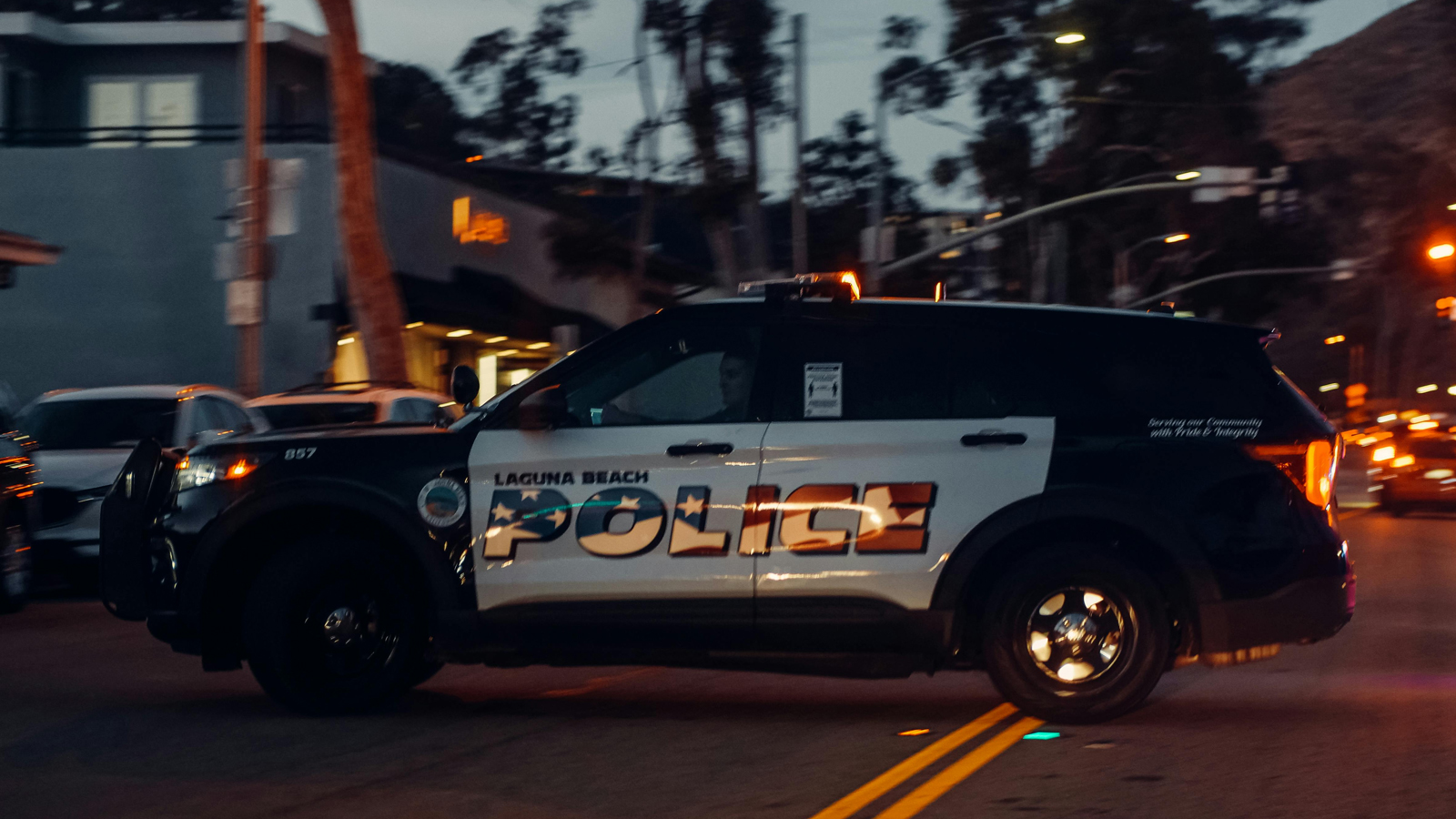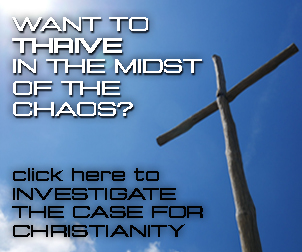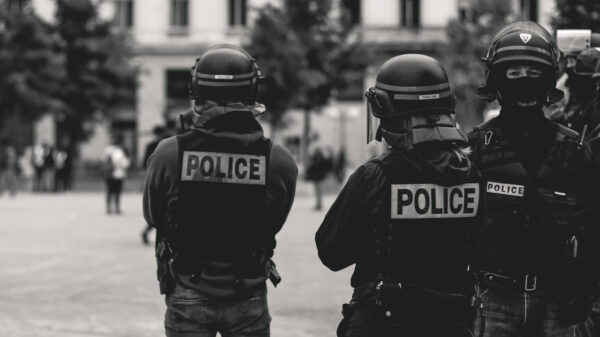Police officers and detectives know prejudice all too well. Sometimes it is the root cause of murder, and other times it becomes the hidden force behind misconduct within the system itself. Prejudice does not discriminate—it influences everyone regardless of profession or background. It divides our communities, dominates headlines, and perpetuates cycles of violence. When five officers in Dallas, Texas, were tragically murdered in a racially motivated act of hatred, the President of the United States reflected, wondering aloud if the divisions between the African-American community and law enforcement departments could ever be bridged. His observation revealed a painful truth: both sides feel misunderstood, yet genuine understanding rarely comes when prejudice is left unchallenged.
The very definition of prejudice makes it plain that understanding is not its aim. The American Psychological Association describes prejudice as a negative attitude formed toward another person or group before any experience with them. It is not just the result of a bad encounter that influences later behavior. It is deeper, more insidious—the decision to shun or exclude whole categories of people without a foundation of personal knowledge or experience. Prejudice does not wait for justification; it manifests as an unreasonable hostility, an irrational mindset that can quickly move from thought to action. Psychologists note that it begins with feelings—sometimes only mild nervousness, other times pure hatred. Those emotions distort our assumptions until we form beliefs or stereotypes. And inevitably, those distorted thoughts move into behavior, surfacing as discrimination, exclusion, and acts of violence.
The uncomfortable truth is that every one of us harbors some prejudice. While racism may not be the particular form it takes for you, another “ism” is usually lurking in our hearts. Those “isms” come in endless varieties: ageism, sexism, antisemitism, classism, ableism—if there is a way to divide people into groups, humanity has probably come up with a reason to elevate one over the other. Fulke Greville, a 17th-century poet, described this tendency with remarkable insight. He noted that while a fish might leap into the air for a moment, it will always return joyfully to its natural element of water, just as people are drawn back into their biases and preferences even after glimpses of truth. Prejudice is not merely a cultural habit; it is part of the fallen nature of humanity, a default position that modern science continues to confirm. Prejudice is universal, but so is the solution. By God’s grace, we can die to self, put away pride, and find our identity not in who looks or thinks like us, but in Jesus Christ. Share on X
When we push others away, we simultaneously choose who we will pull close. This is part of what makes prejudice so deeply ingrained. This tendency could be simply described as “otherism.” Human beings instinctively prefer those who are like themselves while marginalizing those who seem different. We connect most readily with people who hold similar views about politics, religion, tastes in music or entertainment, even styles of dress. We gravitate toward those who reflect our background, body type, or social position. This favoritism has been measured in striking ways. Studies confirm that most individuals form positive impressions of those who share familiar features or mannerisms from their own family, down to facial expressions or tone of voice. Physical features such as age, height, and skin color only intensify this effect. Even in online communities, where physical appearance is absent, people bond through common beliefs, affiliations, and shared cultural language. Among couples and spouses, the evidence is undeniable: people overwhelmingly choose those who look, think, and behave like themselves, to the point of sharing genetic similarities at higher rates than chance would predict.
What does this reveal about us?
It shows that “otherism,” the father of all “isms,” is less about hatred of others than it is about an unchecked love of self. Racism and sexism may be glaring forms because they are based on visible traits, but subtler “isms”—antisemitism, classism, or elitism—are just variations of the same root problem. All prejudice, when traced back, is grounded in pride. And pride has always been the underlying fuel of human conflict.
The Bible’s witness about pride is sharper than secular accounts. Where the world might define pride first in terms of satisfaction or pleasure in one’s achievements, Scripture consistently frames pride as an inordinate self-esteem, an inflated view of one’s own superiority in talents, possessions, or position. This inevitably leads to the contempt of others. Pride says, “Those who are like me are worthy of my respect, and those who are not can be disregarded.” This is why pride produces prejudice, and prejudice creates injustice. Rod Serling once called prejudice the singular evil of our time, the kind of evil from which all other evils take root. Long before modern psychologists described prejudice, biblical authors understood that pride motivates us to separate, to categorize, and to prejudge.
The Greek word used in the New Testament for prejudice, προκρίματος, carries the flavor of prejudgment, of deciding unfairly before evidence is weighed. Our English word “prejudice,” rooted in the Latin prejudicium, literally points to injustice. And that is precisely what Scripture demands we stand against—because injustice is not just a concept of society, but a sin before God. Injustice grows wherever pride and prejudice combine to separate people, usually into categories of “us” and “them.”
For those of us in law enforcement, these truths cannot remain abstract. Every day is filled with moments requiring judgment, discernment, and discretion. We must recognize that the battlefield against prejudice is not just “out there” in the public square but within our own hearts. Pride whispers to favor those who resemble us and quietly disregard those who don’t. True justice, however, begins in humility. Micah 6:8 reminds us that what the Lord requires is to “act justly, love mercy, and walk humbly with your God.” The humility commanded there directly confronts the pride that leads to prejudice.
If we hope to resist prejudice, we must begin not with campaigns, marches, or political slogans, but with ourselves. Christ calls His followers to examine their own hearts before rushing to criticize others. Our Savior, who broke down the dividing wall between Jew and Gentile, male and female, slave and free, shows us how unity is found, not in similarity, but in reconciliation through His cross. For officers, this gospel truth strikes very close to home. Every interaction with a citizen contains the temptation either to act in self-serving pride or to serve with Christlike humility. Pride divides; humility unites. Pride prejudges; humility listens. Pride oppresses; humility offers justice.
Prejudice is universal, but so is the solution. By God’s grace, we can die to self, put away pride, and find our identity not in who looks or thinks like us, but in Jesus Christ. The way forward is not by redrawing lines of separation but by tearing them down, confessing our own weakness, and learning to celebrate what unites us. For the Christian officer, this is not just good practice in policing—it is obedience to God.
If you haven’t yet put your identity in the Savior who unifies all those who trust in Him, there is no better time than now. To learn more about “otherism” and how it impacts human flourishing and establishes the reliability of the Bible, please read The Truth in True Crime: What Investigating Death Teaches Us About the Meaning of Life.
J. Warner Wallace is a Dateline featured cold-case homicide detective, popular national speaker and best-selling author. He continues to consult on cold-case investigations while serving as a Senior Fellow at the Colson Center for Christian Worldview. He is also an Adj. Professor of Christian Apologetics at Talbot School of Theology, Biola University, and a faculty member at Summit Ministries. J. Warner presently serves as a chaplain for his agency and holds a BA in Design (from CSULB), an MA in Architecture (from UCLA), and an MA in Theological Studies (from Gateway Seminary).


